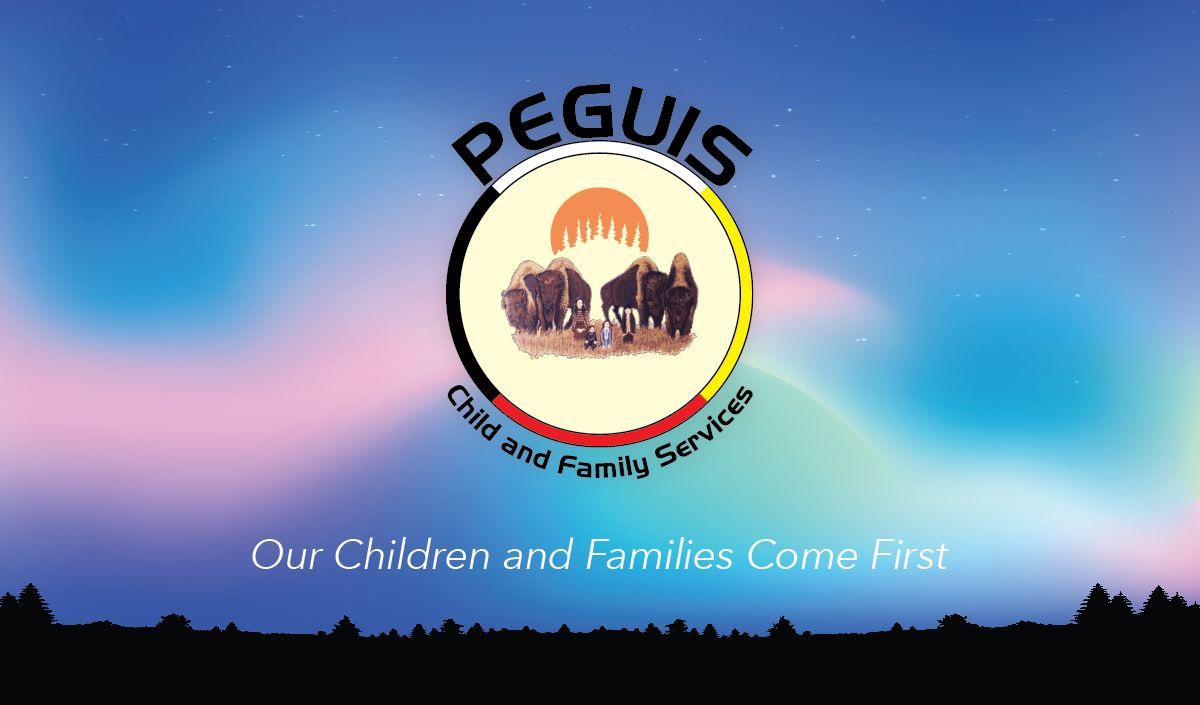Humility - Recognizing Strength within our Families (Collaborative Family Engagement)
ALTERNATIVES TO THE COURT PROCESS
Customary Care Agreement
9.1 A Customary Care Agreement is a voluntary process that may be entered into in respect of a Child for the purposes of
- (a) Providing Customary Care through the planning for Child and Family Services in a way that is sensitive to the needs and the cultural identity of the Child;
- (b) Recognizing the role of the First Nation in planning and providing Customary Care to the Child, and
- (c) Where a Child who is the subject of a Customary Care Agreement, the Parent(s) are still considered the legal guardian of the Child.
Parties to a Customary Care Agreement
9.2 The following must be parties to a Customary Care Agreement for a Child, taking into consideration the Best Interests of the Child:
- The Child’s Parent(s), Care Provider or guardian;
- The Agency;
- The Customary Caregiver if the agreement provides that the Child is to reside with the Customary Caregiver; and
- The Child, if 12 years of age or older and is competent to understand and comprehend the nature of the Customary Care Agreement and must provide their informed consent.
Minor Parent
9.3 A Customary Care Agreement is valid notwithstanding that a Parent entering into the agreement is a minor 16 years of age or older. If the minor Parent is under the age of 16 years, the Parent(s) or guardian of the minor Parent will be required to consent to the Customary Care Agreement along with the minor Parent.
Views of the Child
9.4 When entering into a Customary Care Agreement, the parties must consider the views of a Child 12 years of age or older and may consider the views and preferences of a Child under 12 years of age.
Best Interests Apply
9.5 [left intentionally blank]
Customary Care Agreement Content
9.6 The terms of a Customary Care Agreement may include, without limitation, the following:
- The details of the supports and Child and Family Services that are to be made available under the agreement;
- The details of a plan for the Child’s safety and security; and
- The length of time that the agreement is to be in effect and the details how it may be terminated.
Customary Care Agreement Beyond Age of Majority
9.7 A Customary Care Agreement may be entered into for the purpose of assisting a Youth transition to independence if
- The Youth had been receiving supports and services under a Customary Care Agreement immediately before the Youth attained the age of majority;
- The Youth is a party to a new agreement along with those parties listed at subsection 9.2; and
- The term of the agreement does not extend beyond the date the Youth attains the age of 26 years.
Residing in a Customary Care Home
9.8 The parties to a Customary Care Agreement may agree that a Child will reside with a Customary Caregiver in a Customary Care Home.
Requirements
9.9 The Agency must ensure that the Customary Caregiver and Customary Care Home meet the safety requirements set out in the Agency’s prescribed requirements.
Review by the Agency
9.10 During each 12-month period that a Customary Care Agreement is in effect, the Agency must review the agreement and the supports and Child and Family Services provided under the agreement to determine whether they continue to reflect the Best Interests of the Child.
Continued Application of the Act
9.11 The fact that a Child is receiving supports and Child and Family Services under a Customary Care Agreement does not prevent
- The Child or the Child’s Family from receiving Child and Family Services;
- The Agency from being authorized from apprehending the Child; or
- A judge or master from finding the Child to be in need of protection.
Family Sharing Circle
9.12 The Family Sharing Circle is a process that can be accessed by the Child, Youth or Family to help deal with child protection and prevention challenges they may be facing. This process is meant to serve as an alternative to dealing with challenges through the Court process. A Family Sharing Circle is intended as a voluntary and inclusive process where the Family works together to solve issues and make a plan to address the required care and support for the Child. The basic steps include, but are not limited to:
- The Family works with the Family Sharing Circle Coordinator to decide who participates, and where and when the circle should take place. The Child’s participation will also be determined and whether the Child should attend. The Family Sharing Circle Coordinator then arranges for the circle to occur;
- At the circle, the Family Sharing Circle Coordinator makes sure everyone knows one another, and all are comfortable and understands the process, what is happening and the available supports. Participation is voluntary and not mandatory. Everything discussed at the circle is confidential, allowing participants to freely speak.
- The Family then has private time to discuss and work out a plan for the future. The Family Sharing Circle Coordinator will be available in close proximity to assist if required. The Family Sharing Circle Coordinator shall collaborate with the Family to develop a case plan based on the discussion within the circle.
- The participants will assist in helping the Child understand the plan, and that the Child will have had an opportunity to say on what the Child wants. The plan will also be reviewed by the Agency taking into consideration the Best Interests of the Child.
- The First Nation will develop regulations and policy to reflect the Family Sharing Circle principles for implementation.
Community Circle of Care
9.13 The Community Circle of Care is another process that can be accessed by the Child, Youth or Family to help deal with child protection and prevention challenges they may be facing. This process is meant to serve as an alternative to dealing with challenges through the Court process.
- The Community Circle of Care provides care coordination for community-based services and supports to the Child, Youth and Family which require Child and Family Services where such services can be provided by the Agency as well as other services that can be provided from other departments and collaterals within Peguis First Nation.
- An Elders Council will be established to serve as the coordinating body that ensures that those departments, collaterals and the Agency have proper referrals to initiate the Community Circle of Care.
- If the Child, Youth or Family volunteer to participate in the Community Circle of Care, the Elders Council will provide orientation and guidance for the process to assist in coming to a care plan for the Child, Youth or Family.
- The Elders Council will collaborate with the Agency, departments and collaterals on policy that steers the Community Circle of Care.
- The Community Circle of Care will meet to discuss the challenges facing the Child, Youth or Family with those impacted by the challenges and will collaboratively come up with a service plan to assist the Child, Youth or Family to overcome the challenges without having the need to utilize the Court process.
- The Elders Council and the Agency shall review the service plan to ensure its implementation and is in line with the Best Interests of the Child.
- The First Nation will develop regulations and policy to reflect the Community Circle of Care principles for implementation.
Humility – carried by the Wolf
The Wolf carries humility because wolves are the reflection of working together. The Wolf pack chooses a lead wolf, and the rest humble themselves by following his lead. All decisions, like where their territory is, and where they hunt are made by the lead wolf. So the wolf teaches us that alone and on our own we fail, but by turning our lives over to the Creator and his guidance, we will be successful. Humility is knowing that we all need help in our lives in order to be happy and achieve our purpose. Wolf teaches us to find balance within ourselves and be selfless and kind. We can show humility with our compassion, kindness, gentleness and patience. We feed the Wolf meat. The wolf carries the medicine Berry Roots.




